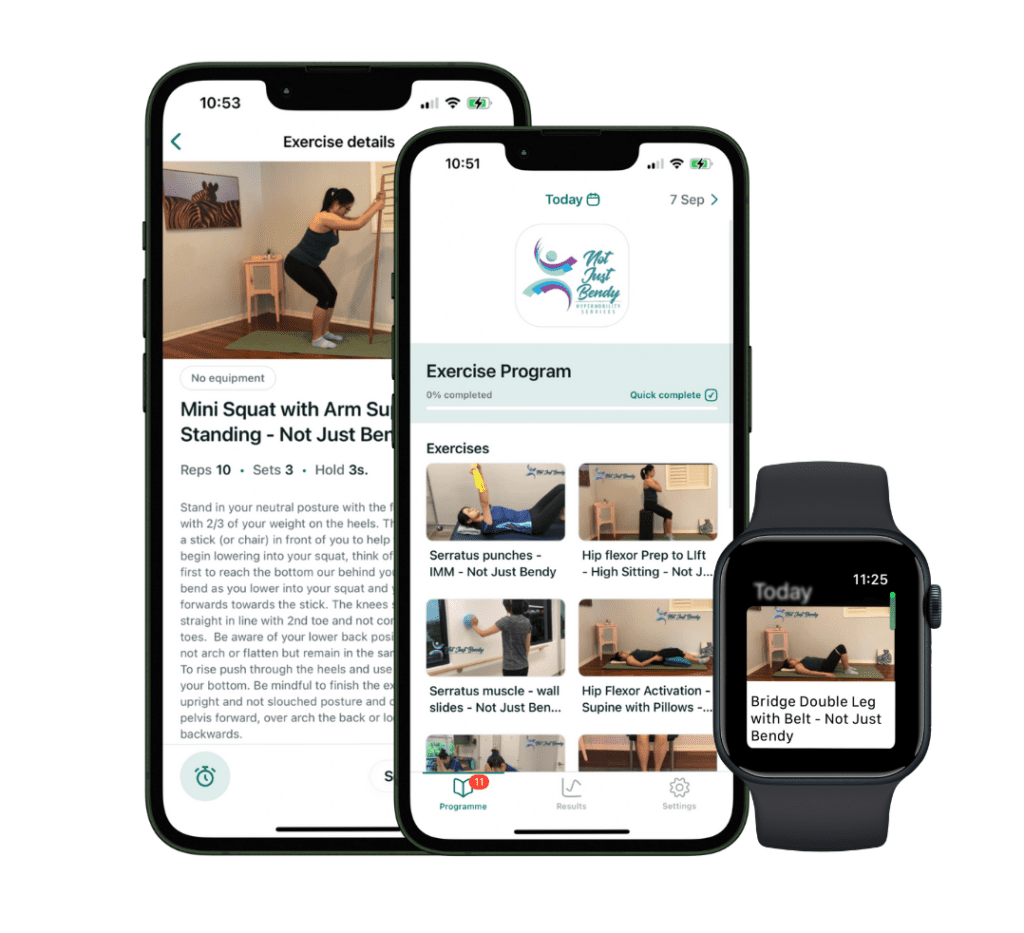At Not Just Bendy, we understand the unique challenges faced by individuals with Ehlers-Danlos Syndrome (EDS) and Hypermobility Spectrum Disorders (HSD). As Brisbane’s leading hypermobility specialist clinic, we are dedicated to providing expert care and support tailored to meet the needs of our diverse clientele—from working adults and recreational sports enthusiasts, to children and adolescence.
Why Exercise Physiology?
Not Just Bendy’s goal is “Empowering hypermobile lives through transformative care.”
Exercise Physiology is crucial in managing and alleviating the symptoms of EDS and hypermobility. These conditions can result in joint instability, pain, fatigue, and reduced physical activity, which significantly affect everyday life. Our exercise physiology programs are designed to enhance joint stability, build muscle strength, improve cardiovascular fitness, and minimise the risk of injuries.
What is the difference between Exercise Physiology and Physiotherapy?
Exercise Physiology focuses on the development and implementation of exercise programs aimed at improving physical health, managing chronic conditions, and enhancing overall fitness. It emphasises tailored exercise regimens, cardiovascular conditioning, and long-term health strategies.
Physiotherapy, on the other hand, involves the assessment, diagnosis, and treatment of physical impairments, disabilities, and pain through manual therapy, therapeutic exercises, and education. It focuses on rehabilitation, pain management, and restoring functional movement.
Both disciplines are integral to managing hypermobility and EDS, but they complement each other by addressing different aspects of patient care and recovery.
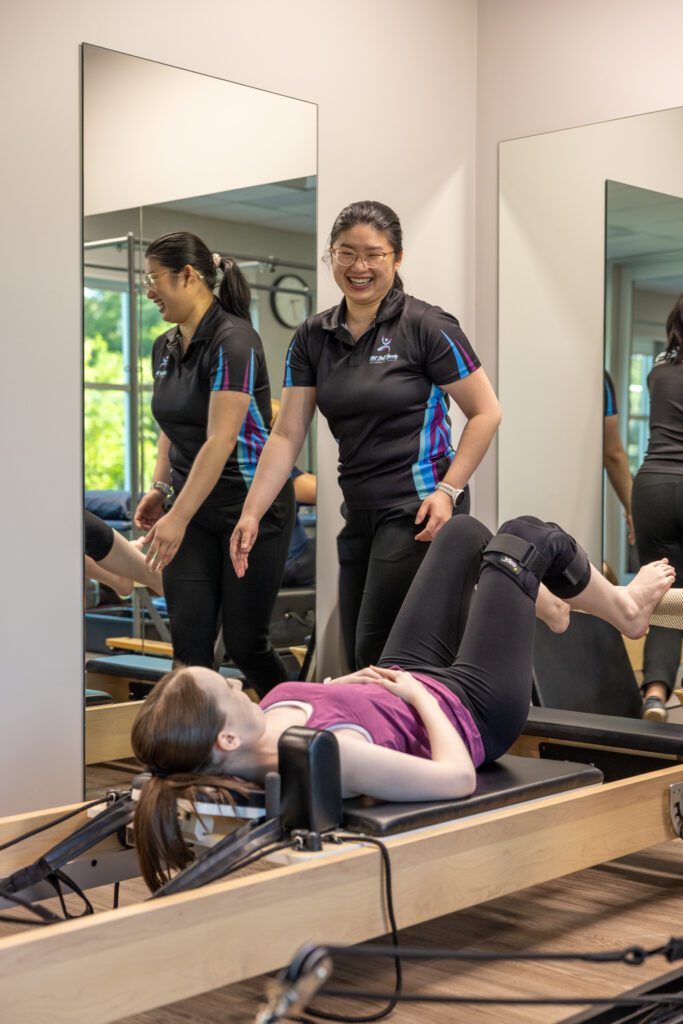
Our Exercise Physiology Services
We offer a comprehensive suite of Exercise Physiology services specifically tailored to the needs of the hypermobility and EDS community. Our holistic approach includes:
- Customised Exercise Plans: Developed to strengthen and stabilise joints, enhancing overall fitness and mobility.
- Cardiovascular Fitness Programs: Designed to boost cardiovascular health and stamina.
- POTS Rehabilitation Programs: Programs aimed at managing Postural Orthostatic Tachycardia Syndrome (POTS). Depending on the individual, the program may include:
- Conditioning: Safe exercise regimens tailored to individual tolerance levels, aimed at improving or maintaining cardiovascular function and reducing the symptoms associated with orthostatic intolerance.
- Hydration and Electrolyte Management: Advice on maintaining optimal hydration and electrolyte balance to support cardiovascular health.
- Symptom Monitoring: Continuous assessment and adjustment of exercise programs based on symptom tracking and patient feedback.
- No Graded Exercise Therapy (GET): We do not use Graded Exercise Therapy (GET) due to concerns that it can exacerbate symptoms in individuals with POTS. Instead, we adopt a patient-centred approach that respects individual limits and emphasises gradual, symptom-based progression to avoid post-exertional malaise and other adverse effects.
- Fatigue Management: Activity Tracking, pacing advice and exercise that is considerate of post-exertional malaise
- Joint Protection Education: Providing advice on protecting joints during daily activities and sports to prevent or manage injuries.
How our Exercise Physiologists can Assist
Our skilled Exercise Physiologists collaborate closely with each patient to create a personalised treatment plan that targets their specific challenges and goals. We employ a blend of exercise prescriptions and educational resources to achieve the best outcomes.
Our Exercise Physiology Clientele:
We serve a diverse range of individuals, including:
- Adults: Our Exercise Physiology services are designed to integrate seamlessly into your routine, providing practical and effective strategies to manage symptoms and improve overall well-being. We offer personalised exercise programs, pain and fatigue management techniques, and functional training.
- Sports Enthusiasts: Our tailored programs are designed to address the unique challenges faced by hypermobile athletes, enhancing performance and preventing injuries. Our Exercise Physiologists can offer services for performance enhancement, injury prevention, sport-specific conditioning, and rehabilitation programs.
- Dancers: We offer conditioning and rehabilitation for recreational and dancers with hypermobility. Our Exercise Physiology services can provide conditioning programs, injury prevention, performance optimisation and rehabilitation services catered specifically for dancers.
- Pre-hab: Our pre-hab services focus on the early detection and proactive management of EDS and hypermobility to mitigate the impact of these conditions. Our comprehensive screening and prevention services are designed for those with mild or moderate symptoms to minimise or prevent complications. More information about our Pre-hab services can be found here.
- Gym Visits: We offer supervised gym visits, where our exercise physiologists work with you in a gym setting to ensure you’re performing exercises correctly and safely. These visits are tailored to your individual fitness level and goals, providing professional guidance to maximise the benefits of your workouts. Whether you’re new to the gym or looking to refine your routine, our experts will help you develop a sustainable and effective exercise plan.
- Balanced & Strong Exercise Classes: Our exercise classes are specifically designed for individuals with hypermobility and EDS. These classes focus on improving balance, strength, and overall stability through carefully selected exercises that enhance joint integrity and muscle coordination. By participating in these classes, you’ll develop a robust and resilient body capable of handling the demands of daily life and physical activities with reduced risk of injury. More info about the classes can be found here.
At Not Just Bendy, we are committed to helping our patients achieve their health and mobility goals, enhancing their quality of life through expert Exercise Physiology care. Contact us today to learn more about how we can support your journey towards better health and well-being.
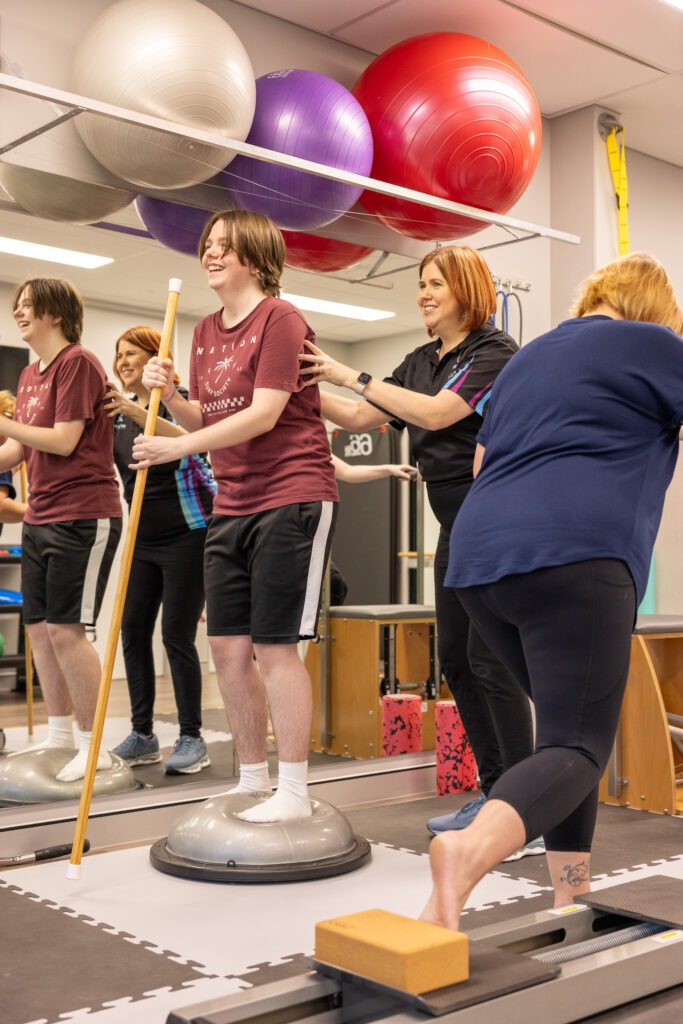
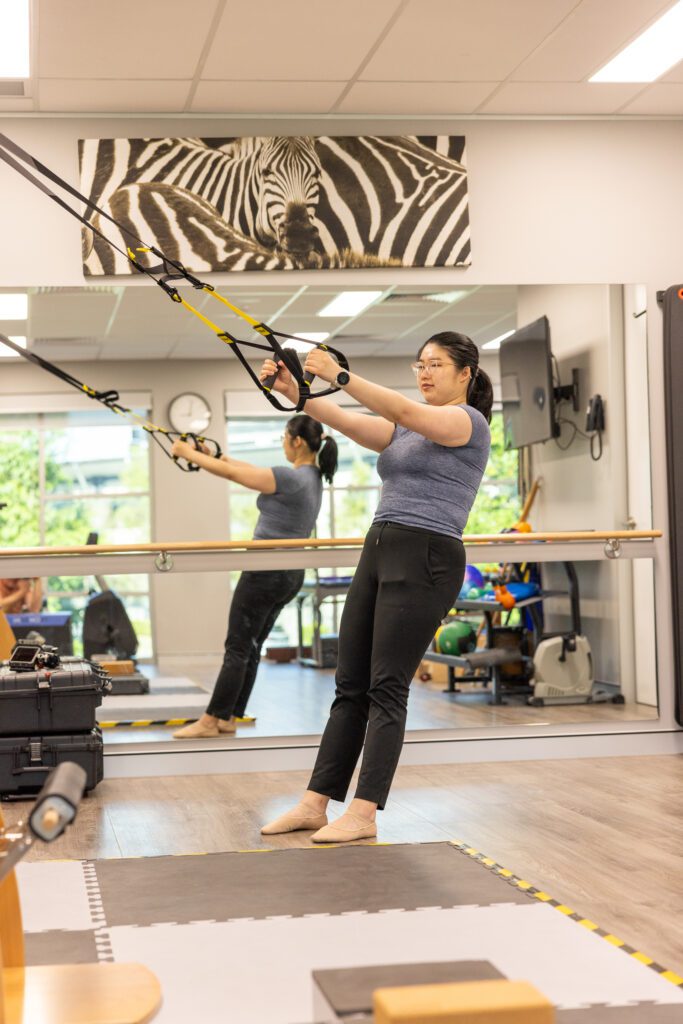
When should I see the Not Just Bendy Exercise Physiologist?
An Exercise Physiologist has an in-depth understanding on the intricacies of the body’s response to exercise and physical activity, including in hypermobility.
Exercise Physiology focuses on optimising physical function and management of acute or chronic conditions through development and delivery of tailored exercise programs. They like to describe this as “Exercise as Medicine”.
Examples of what our Exercise Physiologist can help with include:
- Developing and progressing exercise programs
- Pilates based matwork and equipment sessions
- Integrated Movement Method sessions which work on breath and connection to the ground to build strength while actively relaxing tight muscular areas
- Assessment and program development so you can attend one of our small group classes (2 sessions needed)
- Advice on safe exercise & activity pacing to help with fatigue and PEM (Post Exercise/Exertional Malaise)
- POTS/Dysautonomia rehabilitation programs and improving cardiovascular fitness
- Strength programs involving weights and cardiovascular equipment such as gym programs
- Visit your local gym with you to review your program
Exercise Physiology does not include:
- Diagnosing musculoskeletal conditions and hands-on treatment
- Prescription of rehabilitation exercises to manage specific areas of concern
- Fitting and prescribing of aids to help manage your condition such as braces and splints
- Starting exercise physiology does not mean you have to stop seeing your regular Physiotherapist. Working together, our Exercise Physiologist and Physiotherapists create comprehensive treatment plans that address your specific needs, promoting better joint stability, reducing the risk of injuries, and optimising overall physical health. The collaboration will enable us to deliver a holistic and integrated approach to your care.
Our Exercise Physiologist will refer you on to physiotherapist if you need more in-depth assessment of hypermobility or need treatment only physios can give.
How can I pay for my Exercise Physiology sessions? Do I need a referral?
Exercise Physiology is available on private health and NDIS without a referral. You will need a doctor’s referral to claim a rebate for Workcover, DVA and medicare EPC plans.
What can I expect from my initial sessions of Exercise Physiology at Not Just Bendy?
At Not Just Bendy, prior to your first booking, we will send you an online questionnaire where we ask you a variety of questions about your goals and conditions. This will take you 10-20 minutes to complete and gives us a lot of important information to consider.
Initial Assessment (60 minutes total):
- Pre-Appointment Review (5 minutes) : Before we meet, we dedicate time to thoroughly review your online assessment form. This helps us gain a comprehensive understanding of your situation and prepare for our session.
- In-Person Assessment (50 minutes):
- Detailed questioning about your goals and main problems, focusing on joint and muscle issues.
- A review of your body’s systems to understand how they may relate to hypermobility.
- General advice on managing hypermobility and, time permitting, starting a physical assessment. The extent of physical assessment during this initial meeting varies based on individual complexity.
- Post-Session Documentation (5-10 minutes): After our meeting, we allocate time to comprehensively document your session and plan the next steps in your treatment. This time will likely include a letter to your referring practitioner (this may be completed after the second session if more information is required).
Second Appointment (60 minutes total)
- Session with Exercise physiologist (50 minutes): This follow-up session is crucial for:
- Completing your full assessment
- Initiating your treatment including exercise/rehabilitation program.
- Treatment plan and recommendation for ongoing appointments.
- Post-Session Documentation (10 minutes): After our meeting, we allocate time to comprehensively document your session and plan the next steps in your treatment.
Ongoing Appointments:
The frequency and length of subsequent appointments (30-60 minutes) are personalised based on factors like your progress, travel requirements, financial considerations, and the level of support you need.
Exercise Physiologist or Physiotherapist for Pilates Classes
Our physiotherapists and exercise physiologist can get you started on an exercise program to do at home but if you have very complicated issues it may be best to see the physiotherapy team first. If you are already exercising regularly or attending a gym or pilates classes elsewhere, or simply want to exercise then seeing the exercise physiologist initially is recommended.
Once you have the basics, you can move into the Bendy and Strong Classes in our pilates and exercise gym. Unless you have prior recent experience with pilates or exercise you will need at least two sessions before we can start you in a class. This is to ensure the safety of all participants.
Meet Our Exercise Physiologist
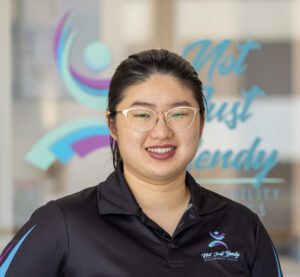
Exercise Physiologist
Avery holds a Bachelor of Clinical Exercise Physiology as well as a Diploma of Professional Pilates Instruction, and has experience working with hypermobility and its associated conditions. Avery’s ultimate goal is to help her patients live a more fulfilling life doing the things they enjoy.
How can we help?
We’re here to answer any questions you may have.
We prefer online contact whenever possible – reach out to us and we’ll respond as soon as we can.
Tel: (07) 3123 4826
Fax: (07) 3532 8704
Email: reception@notjustbendy.com
Address:
Freeway Office Park 2
Building 9. Level 1
2728 Logan Rd
Eight
Mile Plains QLD 4113
Our Affiliations


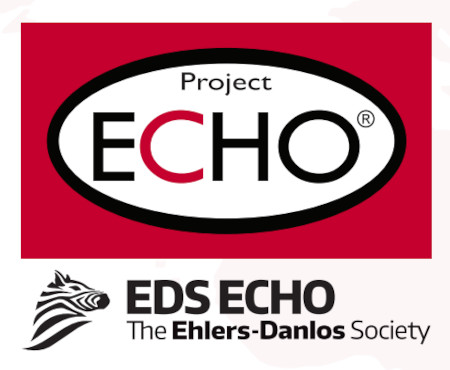
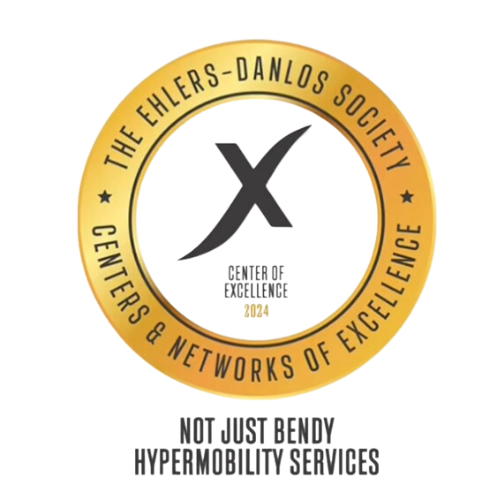
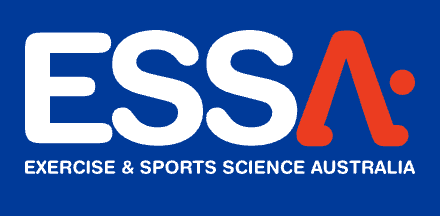
Always Forget Your Exercises? We have A Free App!
We understand that keeping up with your exercise routine can be challenging, especially when balancing a busy schedule. That’s why we’re excited to introduce our free PhysiApp client app – a convenient, user-friendly tool designed to help you stay on track with your physiotherapy exercises and achieve your health goals.
Why Use PhysiApp?
- Perfect Form, Anytime, Anywhere
- Track Your Progress Online and Offline
- In-App Reminders to Stay Motivated
- Over 200 Special NJB Exercises for those with Hypermobility & EDS
